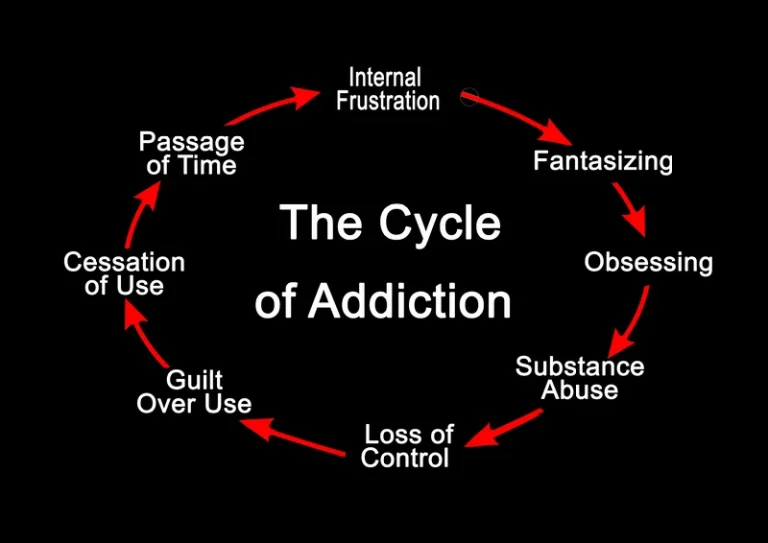
The complexity of its impact necessitates a multifaceted approach to treatment and how long do alcoholics live recovery, addressing the disorder’s physiological and psychological dimensions. Alcoholism, clinically known as alcohol use disorder (AUD), is a complex condition characterized by an uncontrollable desire to consume alcohol despite adverse consequences. It encompasses a range of behaviors from mild to severe addiction and is influenced by genetic, psychological, social, and environmental factors. The National Institute on Alcohol Abuse and Alcoholism (NIAAA) provides diagnostic criteria for AUD based on the DSM-5.
Mixing Weed and Alcohol: Effects and Risks

In one study, which examined people with and without alcohol use disorder from 1987 to 2006, it was discovered that life expectancy was 24 to 28 years shorter in alcoholics. The study also found that people with alcohol use disorder had higher mortality rates from all causes of death, all medical conditions and diseases, and suicide. The final stage of an alcohol use disorder is end stage alcoholism, which results from years of alcohol abuse.
Quitting Drinking During End Stage Alcoholism
Long-term alcohol misuse can also decrease life expectancy due to a weakened immune system. Too much alcohol can make it harder for the immune system to fight infections and disease. For example, chronic drinkers are at a greater risk of contracting lung diseases like pneumonia and tuberculosis than moderate drinkers or people who don’t drink at all. An alcoholic’s life expectancy may also be shortened by a variety of cancers as well.

Signs and Symptoms of Middle-Stage Alcoholism

It doesn’t start causing harm until it results in frequent intoxication or withdrawal symptoms. These conditions can significantly decrease a person’s life expectancy, and individuals with alcohol use disorders are more likely to suffer from these ailments than those who do not drink heavily. Without treatment, end-stage alcoholics are likely to suffer from a combination =https://ecosoberhouse.com/ of symptoms including internal bleeding, spikes in their body temperature, swelling of the legs (edema), and jaundice (yellowing of the skin). Men often experience erectile dysfunction and testicular atrophy, while women can have painful swelling in one or both breasts. Death is usually caused by a combination of internal bleeding and a buildup of toxins within the body and can include seizures and/or cardiac arrest.
- According to WebMD, more than half of alcohol-related deaths are caused by health problems that come from heavy drinking over time — liver disease, cancer, or heart disease especially.
- Alcoholism is a disease that can take over a person’s life and leave them feeling hopeless.
- Fatty liver disease can often be reversed by stopping drinking alcohol.
- When they do attempt to stop drinking, they may experience withdrawal symptoms.
- Our team of addiction medicine specialists, counselors, and treatment experts are committed to supporting you through every step of your recovery from detox right through to aftercare.
- Medications used in treating alcohol withdrawal include Antabuse (disulfiram), Revia or Depade (naltrexone), and Campral (acamprosate).
The timeline for recovery varies depending on the individual and the severity of their alcohol use disorder. drug addiction Some people notice improvements in their health within days or weeks of quitting drinking, while others may take months or even years to fully recover. Establishing a strong support system can significantly impact an alcoholic’s recovery and longevity.
- And all of this is true despite the well-known and well-publicized risks of drinking too much alcohol.
- Because alcohol is orally ingested, it’s processed through your digestive system and liver, leading to rapid absorption into your blood.
- On average, end-stage alcoholics have their lives shortened by 30 years due to the diseases that are directly linked to their drinking.
- The caring team members at The Recovery Village understand how difficult it is to take the first step of getting help.
- If a person tries to quit drinking on their own during end-stage alcoholism, they may experience severe symptoms of withdrawal, including tremors and hallucinations.
- During end-stage alcoholism, a person may struggle with involuntary rapid eye movement (nystagmus) or weakness and paralysis of the eye muscles due to thiamin (vitamin B1) deficiency.
